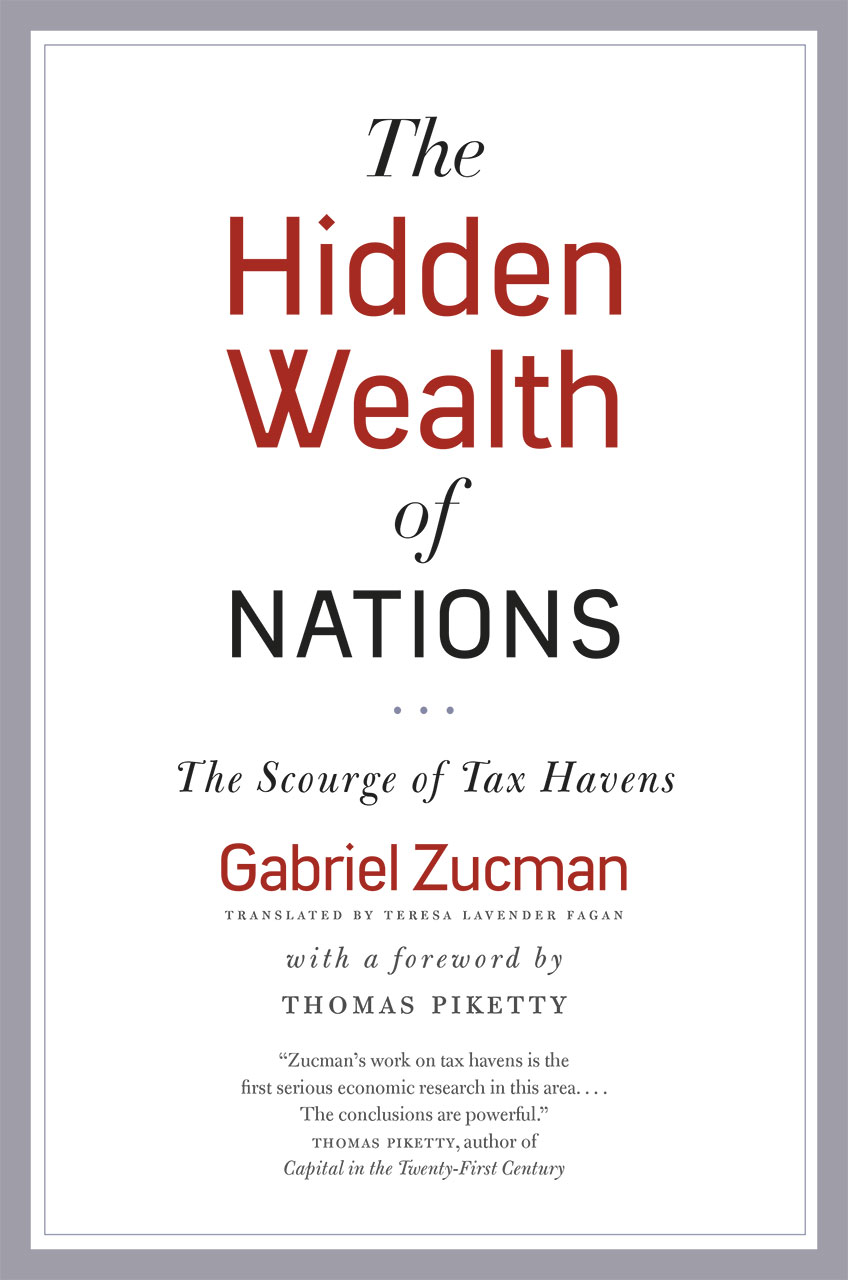The Brooklyn Law School Library New Books List for November 11, 2015 has 88 items with 65 print volumes and 23 e-books. The entries cover a wide range of subjects from Lotteries (American Sweepstakes: How One Small State Bucked the Church, the Feds, and the Mob to Usher in the Lottery Age) to Discrimination in Criminal Justice (Crime, Inequality and Power) to Prostitution (Getting Screwed: Sex Workers and the Law) to Freedom of Expression (Lessons in Censorship: How Schools and Courts Subvert Students’ First Amendment Rights) to Race Relations (Liberalizing Lynching: Building a New Racialized State).
 Also included is The Hidden Wealth of Nations: The Scourge of Tax Havens (Call # HJ2336 .Z8313 2015) by Gabriel Zucman (translated by Teresa Lavender Fagan from the French original Richesse Cachée des Nations and with a foreword by noted economist Thomas Piketty, author of Capital in the Twenty-First Century). This slim 129 page book claims to be the “the first serious economic research” into tax haven activity and an important work that anyone interested in tax havens, social justice, defeating inequality and delivering tax reform should read. The author is a French economist based at the University of California, Berkeley, and part of a network of doing valuable work on inequality, wealth, tax and the difficulties caused by the uneven distribution of capital resources in society. Although the book fails to define what a tax haven is, it does set out a campaign on tax havens in the second half of this book which makes a lot of sense. The book recommends the creation of a global register of financial asset wealth holding. This suggestion could be a practical and necessary step in the assembly of the data needed for the global wealth tax proposed in his book.
Also included is The Hidden Wealth of Nations: The Scourge of Tax Havens (Call # HJ2336 .Z8313 2015) by Gabriel Zucman (translated by Teresa Lavender Fagan from the French original Richesse Cachée des Nations and with a foreword by noted economist Thomas Piketty, author of Capital in the Twenty-First Century). This slim 129 page book claims to be the “the first serious economic research” into tax haven activity and an important work that anyone interested in tax havens, social justice, defeating inequality and delivering tax reform should read. The author is a French economist based at the University of California, Berkeley, and part of a network of doing valuable work on inequality, wealth, tax and the difficulties caused by the uneven distribution of capital resources in society. Although the book fails to define what a tax haven is, it does set out a campaign on tax havens in the second half of this book which makes a lot of sense. The book recommends the creation of a global register of financial asset wealth holding. This suggestion could be a practical and necessary step in the assembly of the data needed for the global wealth tax proposed in his book.
Whether country-by-country reporting can be an effective foundation for a taxation of multinational corporations is an open question. Country-by-country reporting may well permit tax authorities to determine what proportion of the sales, employees and assets of a multinational corporation are located in its jurisdiction. Similarly, if a global register of wealth could be established, the data needed to tax global wealth would have been created. The book is worth reading of its vision of an activist committed to promoting a new and radical solution that he has identified. Not many academics take on the role of the public intellectual who demands action to address a problem that they have identified. This one does.
 Readers interested on this topic may want to view The Price We Pay, a documentary inspired by another French book La Crise Fiscale qui Vient. Director Harold Crooks looks at the dirty world of corporate malfeasance and the dark history and dire present-day reality of big-business tax avoidance, which has seen multinationals depriving governments of trillions of dollars in tax revenues by harboring profits in offshore havens. Tax havens, originally created by London bankers in the 50s, today put over half the world’s stock of money beyond reach of public treasuries. Nation states are being reshaped by this offshoring of the world’s wealth. Tax avoidance by big corporations and the wealthy is paving the way to historic levels of inequality and placing the tax burden on the middle class and the poor. Crusading journalists, tax justice campaigners and former finance and technology industry insiders speak frankly about the trends carrying the Western world to an unsustainable future.
Readers interested on this topic may want to view The Price We Pay, a documentary inspired by another French book La Crise Fiscale qui Vient. Director Harold Crooks looks at the dirty world of corporate malfeasance and the dark history and dire present-day reality of big-business tax avoidance, which has seen multinationals depriving governments of trillions of dollars in tax revenues by harboring profits in offshore havens. Tax havens, originally created by London bankers in the 50s, today put over half the world’s stock of money beyond reach of public treasuries. Nation states are being reshaped by this offshoring of the world’s wealth. Tax avoidance by big corporations and the wealthy is paving the way to historic levels of inequality and placing the tax burden on the middle class and the poor. Crusading journalists, tax justice campaigners and former finance and technology industry insiders speak frankly about the trends carrying the Western world to an unsustainable future.
